Do you have to be liked at work?
As a manager writing this and possibly as managers reading this, your answer to this question may be no. As a young person or graduate in their first role, the answer may just be the opposite. As for people who need to be needed, or need to be liked, I think we can guess what they would opt for.
But is it necessary to be liked at work? I think maybe only sociopaths and psychopaths are comfortable not being liked. That probably puts me closer to that end of the spectrum than I prefer.
Could it be I say that, because no-one likes me? (I don’t think that is the case, but you never can be sure can you?). Traditionally, HR people don’t fall into the category of people to like at work. We seem to be the department that people are scared of. The ones who wave the rule book, the ones who keep everyone in place. (If anyone can tell me how we break that cycle, I’d be eternally grateful.)
I much prefer to be respected at work than liked. Liked is something I save for my friends and hopefully my family. Working in HR has taught me there will always be times when we need to appear as the enforcers of rules. Mostly that is because we are (or should be) about the needs of the business. The needs of the business dictate that you must perform well at what you do and must not perpetuate bad behaviour. That’s why they call it work. I would rather be known and respected as someone who has the guts to make a difficult decision or have a difficult conversation, than someone who has no credibility because they find these situations too difficult. I have been both intensely disliked and extremely well respected for the same decision. I have been respected by people who don’t like me – and I choose the respect every time.
I did a straw poll before writing this post asking the question of being liked at work and a few people mentioned that being liked can make your way in the office smoother. It is much easier when people co-operate with you because they like you. It means you are more likely to get a quick response or a little favour that makes your job easier or your day more pleasant. But why should this rely on being liked?
Are we, as adults, not evolved enough to make this happen regardless of whether we like someone or not? I worked for over 3 years for a man I disliked intensely. I didn’t respect him, but I respected the position he held; the one that managed me. Ultimately that meant, I reported to him and I did what he asked of me. Again, another definition of work. I’m not sure whether he liked me or not, I dare say he didn’t, as I challenged him in many ways – but we managed to get our respective jobs done in a way that complemented what we wanted to achieve in the business.
I do admit that some of the best relationships in my life have come out of meeting people I have worked with, including my wonderful un-marriage. Some friendships I have which have passed the test of time are with people I once worked with. Most of those friends were colleagues, some worked for me and one was my boss.
I have a rule not to be friends with anyone I manage directly at work. Why? Trust me, it’s not because I am mean and nasty…. (There is a theme developing though). It is that I learned that it is much harder to manage someone you are friends with than someone you don’t know that well personally. In a work environment, we need objectivity. Making friends with and liking people who report to you, makes all of that subjective. When it comes to managing the poor performance of a friend, there is no greater ground fraught with large unexploded landmines. Not only will the business relationship be put under pressure, the friendship probably won’t last.
By the same token, managing people who are your friends or people you do like, may create an environment of complacency. If you are liked by your boss, do you really need to try that hard?
Like most people, I have worked in all kinds of organisations, some where the people are mostly friendly and some where the word friendly has never been uttered. The friendly workplaces can quite easily translate into situations that reflect family dynamics. People learn about basic concepts of fairness, equity and resource allocation in their families, and these are crucial issues in the workplace. These basic concepts in families may be very different from the ones we find ourselves in at work. Familiarity in a workplace can cause as many conflicts as family situations do.
It takes a mature person to see past the likes and dislikes of our managers or our teams and just see the forest through the trees. If we can compartmentalise the relationships in the office and keep focused on the outcomes we will be measured on, maybe we will have more time and energy to pursue relationships that are lasting outside of the work environment.

